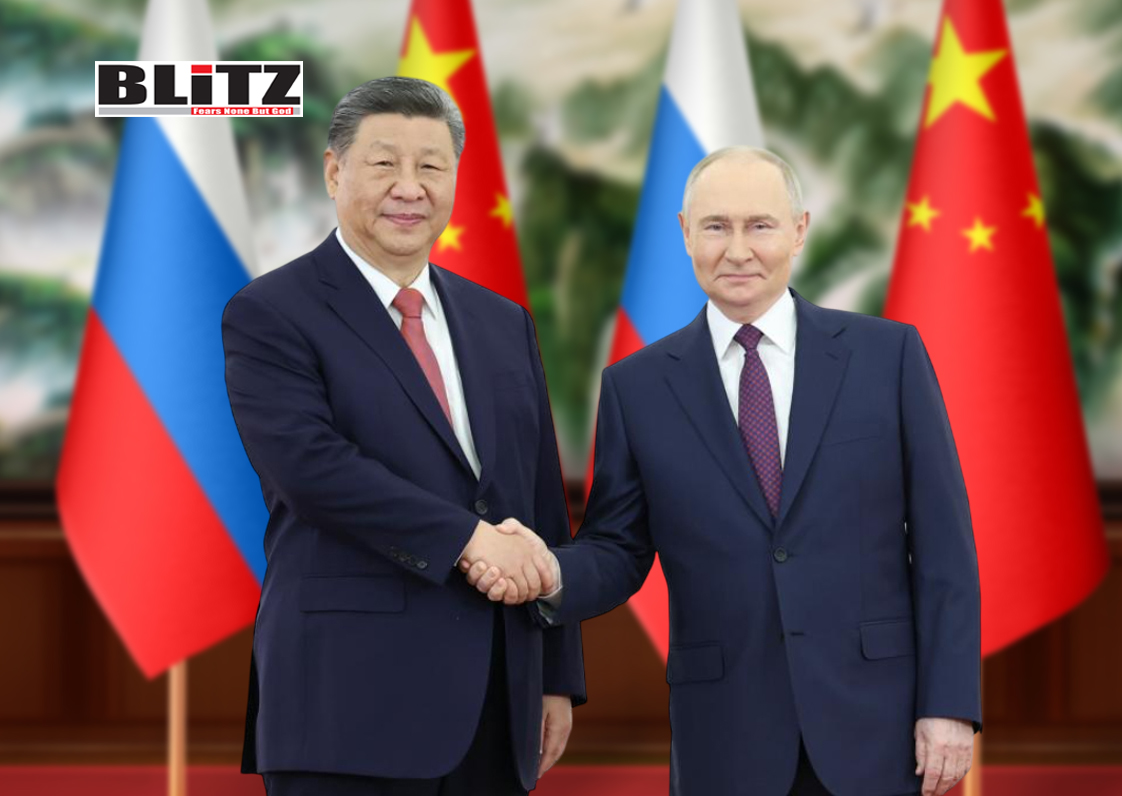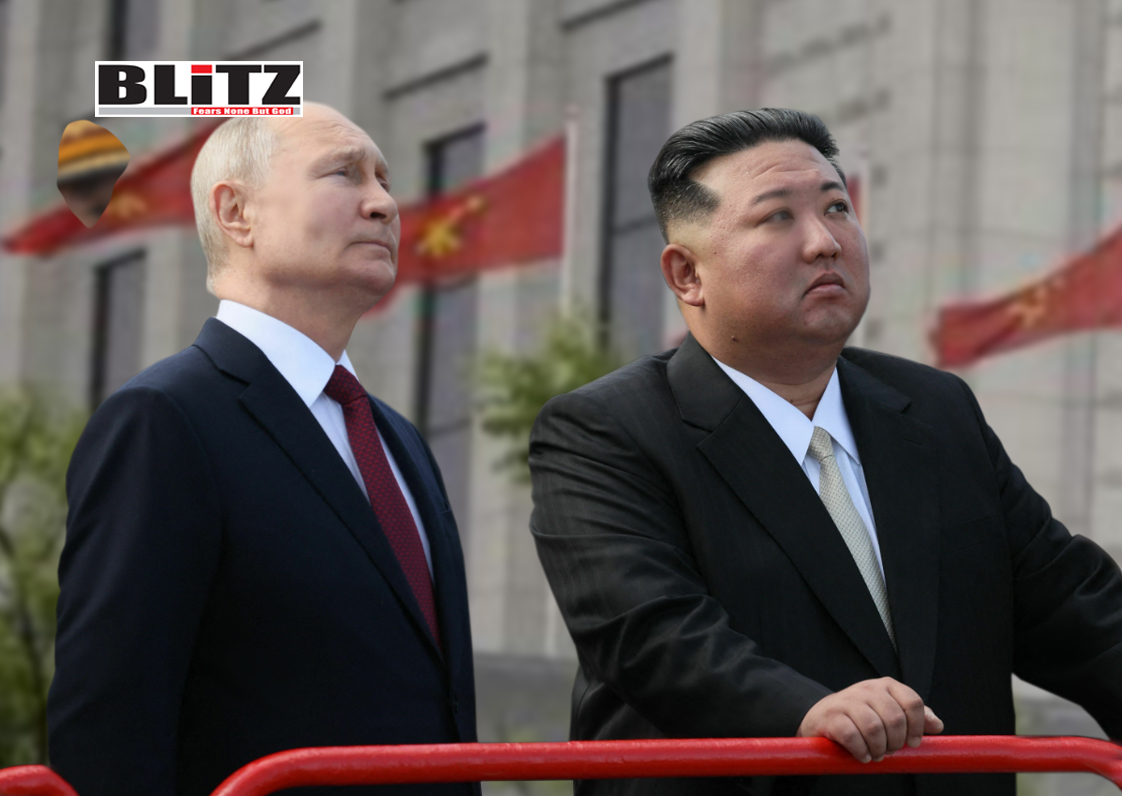Sanctioned Assad ally sues activist, exposing corruption in Syrian judiciary
- Update Time : Monday, May 12, 2025

As Syria navigates the tumultuous aftermath of President Bashar al-Assad’s fall from power, a surprising courtroom battle has illuminated just how little has changed beneath the surface. Despite the collapse of the regime, key figures tied to Assad-era corruption and human rights abuses are not only walking free-they are also leveraging the fragile judicial system to attack critics. The latest example: Mohammed Hamsho, a US-sanctioned businessman and longtime Assad ally, has launched a defamation lawsuit against Syrian activist and entrepreneur Abdel Hamid Al Assaf.
The case, which Assaf describes as emblematic of the “corruption entrenched in the Syrian judiciary,” has triggered widespread outrage and laid bare the lingering power of Assad-linked elites in a country desperate for genuine reform.
Mohammed Hamsho, 59, was sanctioned by the US Treasury in 2011 for his deep financial ties to the Assad regime, as well as by the UK and the European Union. Accused of profiteering from Syria’s ruin-including the trading of rubble from bombed neighborhoods-Hamsho also allegedly acted as a financial proxy for Maher al-Assad, Bashar’s brother and former leader of the brutal Fourth Armored Division. That unit was heavily implicated in atrocities during the civil war and has been linked to Syria’s booming illicit Captagon trade.
Despite these serious allegations, Hamsho and his son, Amro (also sanctioned under the US Caesar Act), have returned to Damascus amid Syria’s dramatic political reshuffling. Their reappearance signals not a break from the past but a troubling continuity of power among the regime’s cronies.
The lawsuit stems from January, when Assaf posted a photo on social media showing Hamsho strolling in central Damascus, surrounded by regime security. Outraged by the impunity on display, Assaf publicly called for Hamsho’s arrest and trial, accusing him of crimes against the Syrian people.
Rather than sparking an investigation into Hamsho’s conduct, Assaf’s activism has made him the target of legal retaliation.
On April 21, Syrian authorities formally notified Assaf that Hamsho had filed a lawsuit against him, leveling multiple accusations. However, according to Assaf, Judge Tammam Daoud accepted only the least serious charge: defamation.
A hearing is now scheduled for May 25.
Assaf, who has long criticized Syria’s corrupt institutions, sees the lawsuit as a cynical ploy to reassert the dominance of Assad-era elites under a thin veneer of legal legitimacy.
“This is not a case between Hamsho and Assaf,” he said. “It is a case between the corrupt figures of the Assad-era and 20 million Syrians who have suffered under their rule.”
Public anger erupted almost immediately after the lawsuit became known. For many Syrians, the image of a sanctioned war profiteer using the courts to silence a citizen activist represents everything that is wrong with the current transitional period. Instead of accountability and justice, the old mechanisms of oppression are being repurposed.
Making matters worse, Assaf revealed that in March, police tricked him into signing a document under duress. Summoned to a police station under the pretense of a “routine meeting,” he was pressured to sign papers he wasn’t allowed to read. He later discovered he had unknowingly signed a document confessing to defamation-a fabricated admission authorities are now using against him.
In a small but symbolic move, the solicitor general accepted a counterclaim filed by Assaf, accusing Hamsho of crimes far graver than defamation. The activist’s countercase charges Hamsho with participating in the forced displacement of civilians, illegally profiting from stolen properties, recruiting mercenaries for Assad’s forces, and lodging false complaints to silence dissenters.
Yet Assaf is under no illusion that the counterclaim will lead to genuine accountability.
“The system protects its own,” he said. “They will allow just enough theatre to pretend justice is working, but no real verdict will threaten their interests.”
His skepticism is widely shared. Many observers note that while some regime figures have lost their political power, they have retained their economic influence and their networks within security and judicial structures.
Hamsho’s return is not an isolated incident. Other notorious Assad-era tycoons, including Samer Foz, have also resurfaced. Reports suggest that Hamsho and Foz have recently met with leaders of Hayat Tahrir al-Sham (HTS)-the Islamist group that seized control after Assad’s downfall-and pledged to assist the new administration in “cracking down on corruption.”
This development is viewed with deep suspicion by activists and former opposition figures. Many fear that rather than dismantling the crony networks that looted Syria during the war, the new authorities are simply co-opting them.
“The same criminals are putting on new faces,” said a former member of the Syrian National Council who requested anonymity for security reasons. “There is no real rupture with the past-only an adaptation.”
The stakes of Assaf’s defamation case are therefore larger than the fate of one activist. They touch on the heart of Syria’s fragile hopes for real change. Can a post-Assad Syria break free from the grip of sanctioned war profiteers and political thugs? Or will it continue to allow the worst elements of the old regime to shape its future?
For now, the signs are not encouraging.
“This lawsuit shows that our revolution is unfinished,” Assaf said. “We toppled the head, but the body of corruption remains.”
Neither Hamsho nor Syria’s Justice Ministry responded to multiple requests for comment.
As May 25 approaches, many Syrians will be watching closely-not just to see whether Assaf is punished for speaking out, but to gauge whether their country’s long-promised transformation is real, or just another illusion in a land that has already endured too many.













Leave a Reply